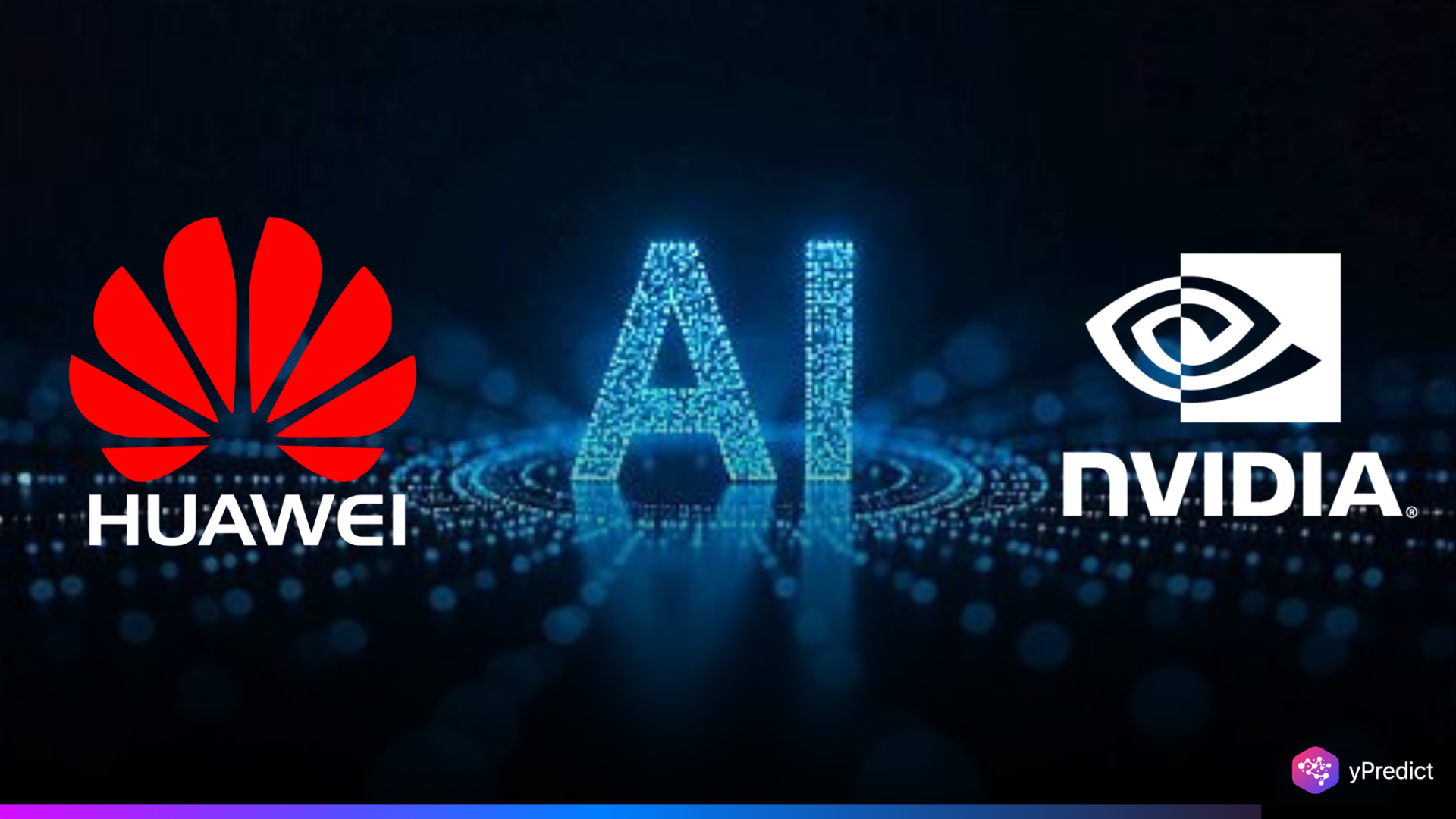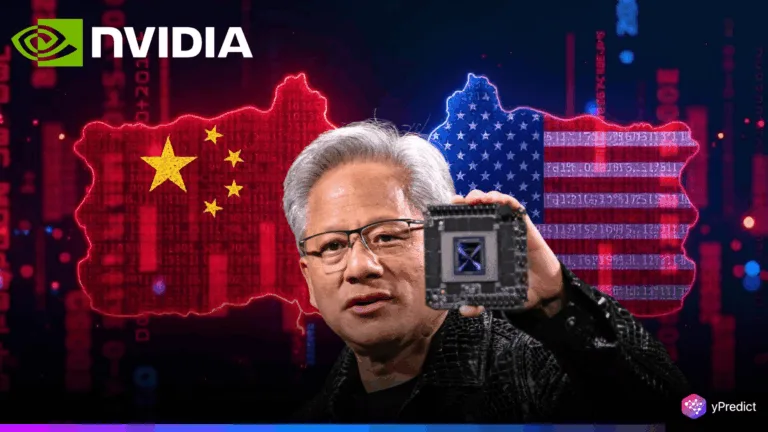
Huawei Technologies Co. aims to start tests of its newest artificial intelligence processor, the Ascend 910D, as soon as next month. This is a step in the direction of the company’s attempts to market the Ascend 910D as a viable competitor for Nvidia’s market-leading H100 processors, currently the industry leader in training advanced LLM models. The move comes as US sanctions remain in place to restrict Chinese companies’ access to American semiconductor technology, increasing the imperative for domestic innovation.
Strategic Push for Semiconductor Self-Reliance
As reported by The Wall Street Journal, Huawei Technologies is scheduled to release the next AI chip, the Ascend 910D, to offer a local substitute for Nvidia’s dominant CPUs. This move demonstrates China’s resolve in semiconductor innovation in the face of US efforts to restrict access to critical technologies.
Following recent U.S. export restrictions on Nvidia’s H20 processor, demand for Huawei’s chips has grown stronger. Furthermore, the increase in restrictions has opened up opportunities for Chinese chipmakers like Huawei and Cambricon Technologies to expand their market share.
Reuters reports that the firm has approached various Chinese technology firms to analyze the capabilities of the 910D while also preparing large shipments of its earlier 910C model beginning in May. As per different estimates, Huawei expects to ship more than 800,000 units of the Ascend 910B and 910C chips during the current year, with major customers including state-owned telecommunications providers and major technology companies like ByteDance, the parent company of TikTok.
Furthermore, in response to tariff restrictions, Huawei has diverted its attention towards creating powerful computer systems instead of simply optimizing individual-chip performance. A notable achievement is the launch of CloudMatrix 384, which is a high-capacity system integrating 384 Ascend 910C chips. According to analysts, this system would possibly outperform Nvidia’s most recent rack-based systems powered by Blackwell processors, though with greater energy consumption.
Technical Ambitions and Market Challenges
The Ascend 910D is anticipated to significantly improve hardware performance across a range of applications, such as cloud services, autonomous driving technology, and the rapidly developing area of generative AI. Sources close to the project reported that if initial testing is successful, Huawei will increase production by the end of the year to address growing demand in China.
While Huawei continues to excel at hardware innovation, duplicating the entire Nvidia technology ecosystem is a challenging task. Nvidia’s leadership position depends significantly on the CUDA software platform, and that platform serves as a standard for AI development and research worldwide. The hardware gap would need to be addressed by Huawei, along with the crucial matter of cross-industry software acceptance, if the company wishes to build a significant presence within the leading ranks of the AI industry.
Huawei has suffered greatly from supply chain disruptions primarily due to losing valuable partnerships with huge companies like Taiwan Semiconductor Manufacturing Company (TSMC). The loss undermined Huawei’s attempt to enhance its production of advanced computer processors. In the meantime, its domestic equivalent, Semiconductor Manufacturing International Corporation (SMIC), cannot provide significant assistance as it lacks the newest chip production technology. Despite such a challenge, Huawei remains determined to develop its technology and rely less on outside players.





